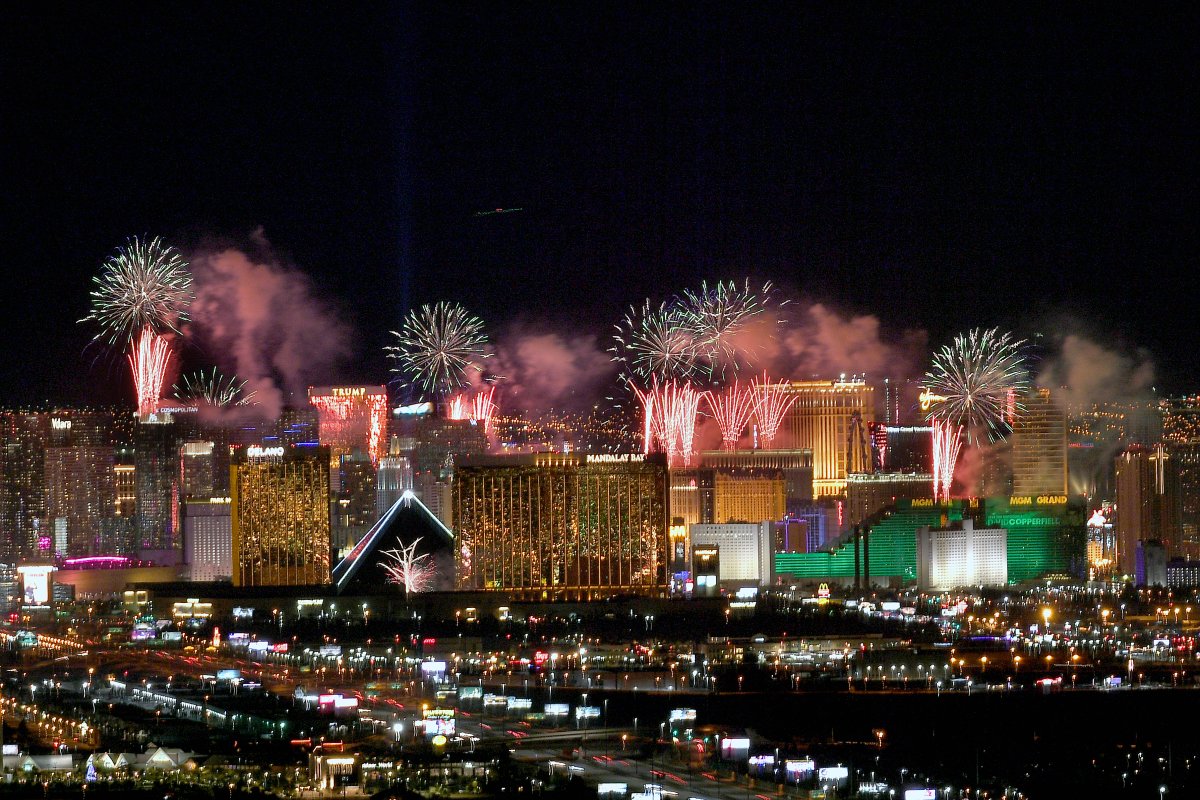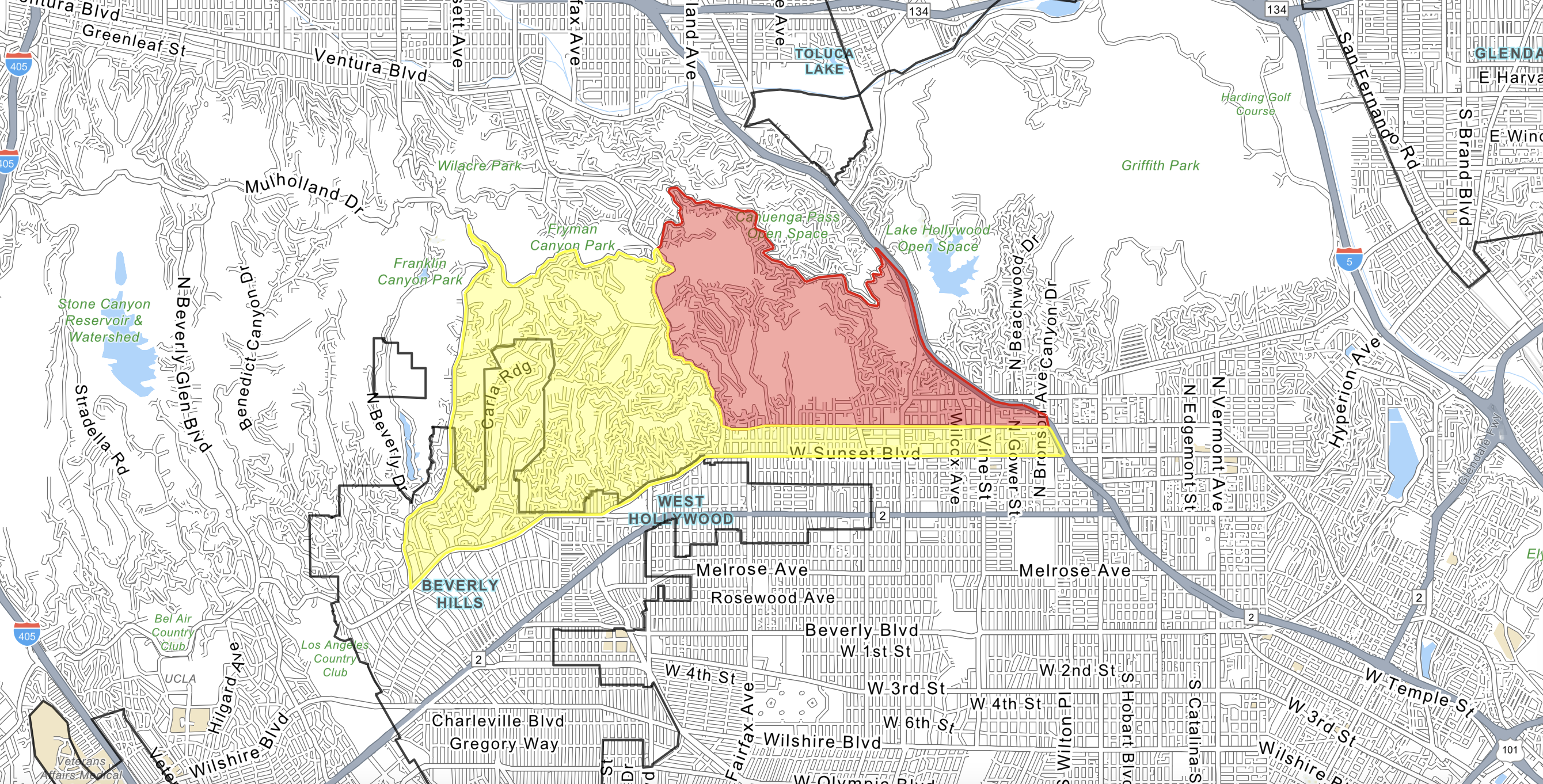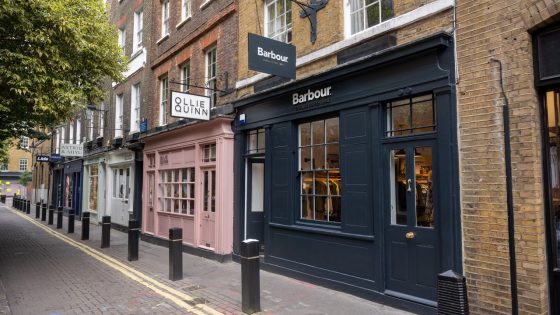What does "sinfulness" mean in modern America, and how does indulgence vary from city to city? A new study from WalletHub has shed some light on the nation's most sinful places.
Ranking cities based on various vices similar to the seven deadly sins set out in Christian religious teachings and calculated using modern day metrics like excessive drinking, gambling, violent crime and vanity-related behaviors, WalletHub compared the results across 180 places, and Newsweek compiled the results into a map.
The Top Ten Cities with the Highest Sin Rankings
- Las Vegas, Nevada
- Houston, Texas
- Los Angeles, California
- Atlanta, Georgia
- Philadelphia, Pennsylvania
- Denver, Colorado
- Phoenix, Arizona
- Miami, Florida
- Dallas, Texas
- St Louis, Missouri
A Closer Look at the Top Three
Las Vegas
Known worldwide for its nightlife and gambling, Las Vegas unsurprisingly tops the list. It boasts the highest number of casinos and adult entertainment venues per capita. The city also ranks fourth for gambling addiction and frequently appears in searches for plastic surgery and other vanity-related terms.

Houston
The second-place finisher struggles with both crime and vice. Houston has the 22nd-highest violent crime rate and the eighth-highest share of residents with gambling problems. Its residents are also among the most interested in plastic surgery, according to Google search data.
Los Angeles
Los Angeles' vice profile centers around lust and vanity. It has the third-highest rate of hate crimes and a low percentage of residents engaging in charitable giving or volunteer work. Searches for pornography and plastic surgery are particularly high in this sprawling metropolis.
Methodology
WalletHub compared 180 U.S. cities across seven dimensions of sinfulness: anger and hatred, jealousy, excesses and vices, greed, lust, vanity and laziness.
These categories were further broken into 37 metrics, which indicated illicit behavior. Anger and hatred includes metrics such as violent crimes per 1,000 residents, sex offenders per capita, aggravated assault offenses, bullying rates, hate-crime incidents, hate groups per capita, firearm-related deaths, mass shootings and whether the city experienced a terrorist attack. These factors highlight the prevalence of violence and hostility in each location.
Jealousy is assessed through the rates of thefts per 1,000 residents, identity-theft complaints per capita, and fraud or other complaints per capita, reflecting issues of envy and dishonesty in communities. Excesses and vices examines behaviors such as obesity prevalence, fast-food establishments per capita, excessive drinking, DUI-related fatalities, smoking rates, coffee consumption, marijuana use, opioid prescriptions, drug overdose deaths, and debt-to-income ratio, emphasizing unhealthy lifestyle choices and substance dependencies.
Greed is evaluated based on the number of casinos per capita, charitable donations as a share of income, and the proportion of adults with gambling disorders, capturing the tendency toward materialism and gambling. Lust considers the prevalence of adult entertainment establishments, Google search interest in "XXX entertainment" and Tinder, and the teen birth rate per 1,000 females aged 15–19, highlighting behaviors tied to physical indulgence and risky sexual activity.
Vanity measures interest in appearance through metrics like tanning salons per capita and Google search trends for the five most common plastic surgery procedures (rhinoplasty, blepharoplasty, facelift, liposuction and silicone implants). Finally, laziness evaluates factors such as the share of adults not exercising, average weekly hours worked, volunteer rates, time spent watching TV, high school dropout rates (adjusted for poverty), and the percentage of disconnected youth (ages 16–24 not in school or working). Together, these metrics create a comprehensive picture of negative behavioral tendencies across cities.
A Deeper Look
"Regardless of any particular religious tenets, certain activities are considered 'sinful' by society as a whole," WalletHub analyst Chip Lupo said in an email shared with Newsweek. "The most sinful cities are those where illicit activities and vices alike are the most widespread."
The report underscores the costs of these behaviors, both financial and societal. For instance, excessive drinking is linked to higher rates of drunk driving fatalities, while a city's focus on vanity can reflect deeper cultural pressures.
While the rankings provide insight into the darker sides of urban life, they also serve as a call for better awareness and solutions to tackle the societal challenges underpinning these statistics.
The complete rankings and additional data can be found on WalletHub's official website.
Do you have a story we should be covering? Do you have any questions about this story? Contact LiveNews@newsweek.com.
![SOURCE SPORTS: [WATCH] Mets Capt. David Wright Gives Interesting Insight On The Honor Of His Jersey Retirement In Citi Field](https://thesource.com/wp-content/uploads/2025/01/01fs75fy836w8mp4ytwr.webp)



















 English (US) ·
English (US) ·